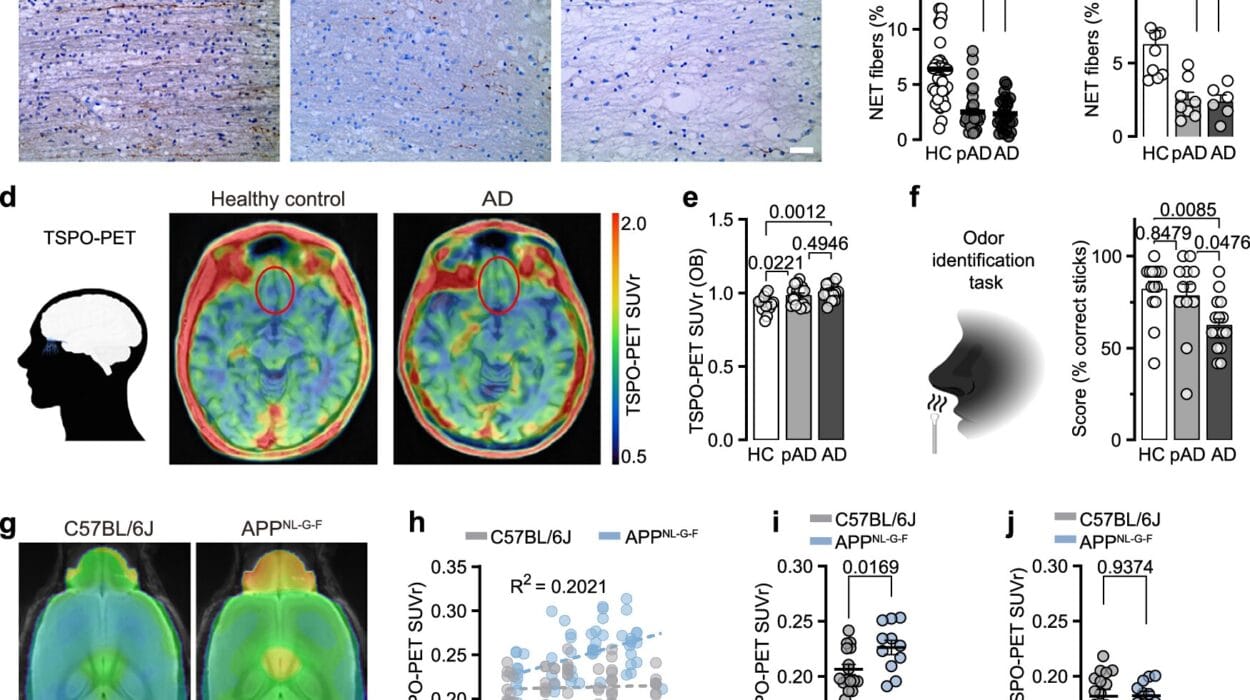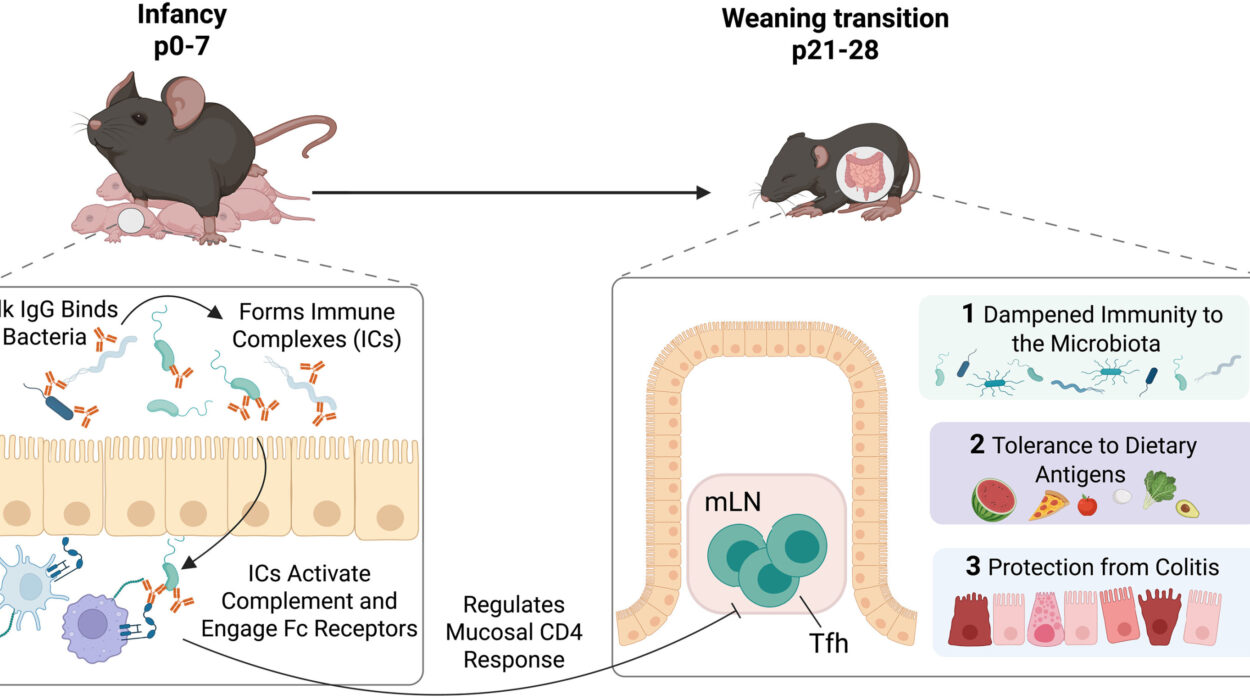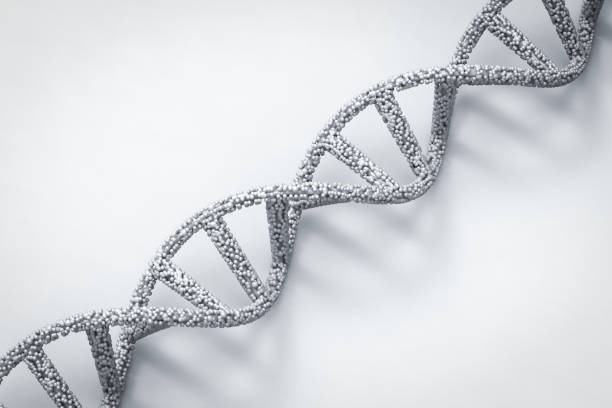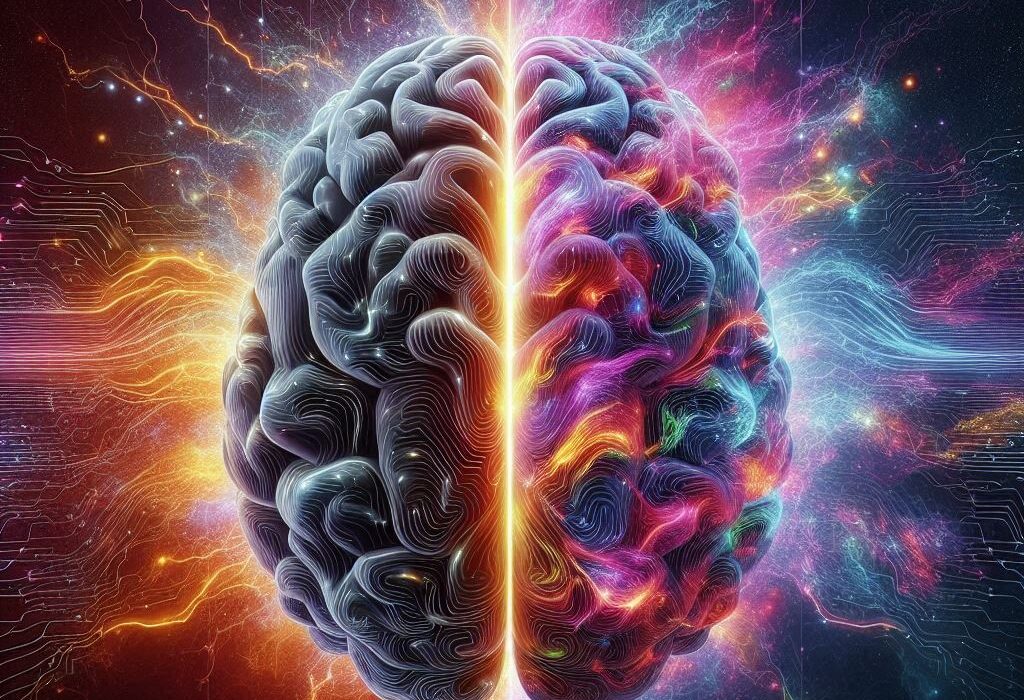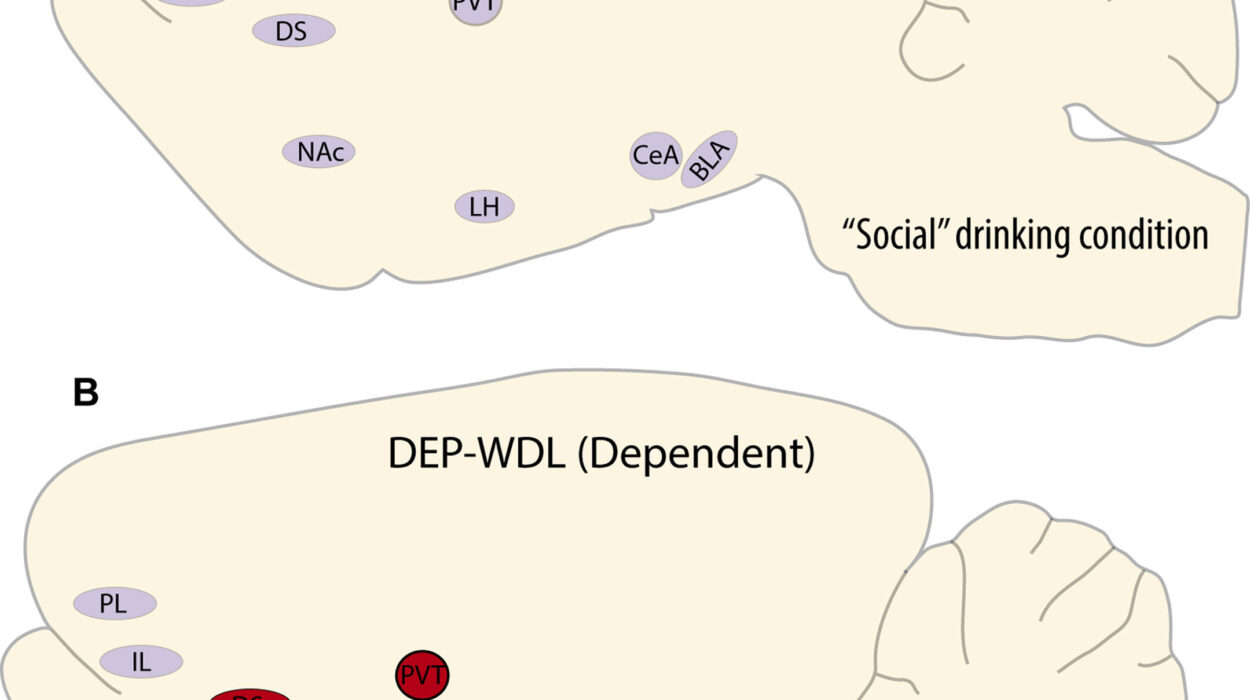Food is more than fuel for the body. It’s biochemical magic for the brain. Every time you lift a fork, you’re making a decision that influences not just your waistline but your attention span, your creativity, your drive—and whether you’re going to feel sharp and alert at 3 p.m. or slump into a sugar-fueled fog.
We’ve all had those moments. You start the day with a coffee and pastry, feel fine for an hour or two, and then—bam—your eyelids are heavy, your brain feels wrapped in cotton, and suddenly even answering an email feels like a mountain climb. The culprit? Food choices that spike your blood sugar and then drop it like a stone.
Understanding how nutrition affects brain chemistry and body metabolism isn’t just for dietitians and wellness influencers. It’s practical knowledge for anyone who wants to reclaim their day and show up fully alert, grounded, and alive in both mind and body. When you eat smart, you think smart.
Why You Crash: The Blood Sugar Rollercoaster
The body has a love-hate relationship with sugar. On the one hand, glucose is the brain’s preferred energy source. On the other hand, too much glucose—especially when it’s dumped into your bloodstream from processed carbs—causes chaos.
After eating something sugary or refined, blood sugar levels rise rapidly, triggering a surge of insulin from the pancreas. This hormone races in to shuttle the sugar into your cells for energy. But when the rise is too fast, the fall is often brutal. Blood sugar dips. Cortisol spikes. Hunger returns. Cravings hit. And your brain? It sputters like a car that just ran out of gas.
The secret to stable energy and clear thinking lies in blood sugar balance. That means eating foods that don’t flood your system with sugar all at once but instead release it slowly and predictably. It also means respecting the interplay of macronutrients—proteins, fats, and carbohydrates—and knowing how each one behaves in your body.
The Brain Loves Fat—But Not Just Any Fat
For decades, fat was the villain in every diet conversation. Now, we know better. Your brain is about 60% fat by dry weight, and it thrives on healthy fats. Not the greasy, processed kind, but the nourishing, cell-supporting fats that keep neural connections strong, reduce inflammation, and help you stay focused for longer.
Omega-3 fatty acids—found in fatty fish like salmon and sardines, as well as in flaxseeds and walnuts—are especially vital. These fats strengthen cell membranes in the brain, boost neurotransmitter function, and even help fight off depression and anxiety. Monounsaturated fats, like those in avocados and olive oil, help improve blood flow to the brain and support memory and learning.
On the other hand, trans fats—commonly found in processed baked goods, margarine, and fast food—are the mental equivalent of static on a radio. They clog up your system, increase brain fog, and have even been linked to cognitive decline over time. If you want to think clearly, feed your brain the fats it was designed to use.
Protein: The Unsung Hero of Mental Endurance
Protein doesn’t get the glory it deserves in conversations about brain health. But without it, your brain can’t make the neurotransmitters it needs to function—like dopamine for motivation, serotonin for mood, and acetylcholine for focus.
Protein is broken down into amino acids, which are the raw materials for these brain chemicals. Eating high-quality protein throughout the day ensures that your brain has a steady supply of these precursors. Think of it like giving your mind the ingredients it needs to cook up clarity.
The best proteins for sustained energy and focus are the ones that come from real, whole sources—like eggs, chicken, turkey, beans, lentils, and Greek yogurt. These digest more slowly than refined carbs, which means they help stabilize blood sugar and reduce those annoying energy dips that sabotage your afternoon productivity.
Smart Carbs: Fuel, Not Fog
Carbohydrates have a tricky reputation. Some are brain food; others are brain fog. The difference lies in how quickly they’re digested and how much fiber they contain.
Refined carbs—like white bread, pasta, pastries, and sugary cereals—are quickly turned into glucose, spiking blood sugar and flooding the brain with energy it can’t handle all at once. The result is often hyperactivity followed by fatigue, poor concentration, and irritability.
But complex carbohydrates—those found in vegetables, fruits, whole grains, legumes, and seeds—offer a steady release of glucose. They’re also rich in fiber, which slows digestion and helps keep blood sugar on an even keel. Fiber also feeds your gut microbiome, which turns out to be crucial for mental health and focus.
One particularly powerful carbohydrate for mental energy? Oats. A bowl of steel-cut oats in the morning, paired with some nuts or seeds, offers a sustained release of glucose and enough fiber to keep you going until lunch.
Micronutrients Matter: The Tiny Keys to Big Energy
It’s easy to focus on macronutrients—protein, fat, and carbs—because they make up most of what we eat. But micronutrients, those vitamins and minerals you only need in small amounts, are no less vital for brain performance.
Iron, for instance, helps carry oxygen to the brain. Without it, even a short walk can leave you exhausted. B vitamins, especially B6, B12, and folate, are essential for energy production in every cell, including neurons. Magnesium supports over 300 enzymatic reactions in the body, many of which are tied to energy metabolism and nerve function.
Then there’s zinc, which helps regulate communication between brain cells. And let’s not forget vitamin D—technically a hormone—which plays a role in mood regulation, immune function, and mental clarity.
You won’t find these micronutrients in ultra-processed snacks. But you will find them in leafy greens, nuts, seeds, legumes, eggs, and high-quality meats. Eating a colorful, varied diet is more than just pretty on a plate—it’s essential for lighting up your brain and giving your body the tools it needs to thrive.
Caffeine: Friend or Foe?
Caffeine is perhaps the most widely used psychoactive substance on Earth. A cup of coffee can boost alertness, increase motivation, and improve mental performance—for a while. But the story doesn’t end there.
Caffeine works by blocking adenosine, a neurotransmitter that promotes sleep and relaxation. By blocking adenosine, caffeine tricks the brain into feeling more awake. But once the caffeine wears off, the built-up adenosine floods in, often creating a sudden crash. That’s why you feel so tired a few hours after a strong cup of coffee.
Moreover, overreliance on caffeine can disrupt sleep, increase anxiety, and actually reduce overall energy in the long term. That doesn’t mean you have to give up coffee. But if you want to eat (and drink) for focus, it helps to consume caffeine mindfully—preferably early in the day and ideally paired with fat or protein to blunt its impact on your blood sugar.
Green tea is a more balanced option for many people. It contains caffeine, but also L-theanine, an amino acid that promotes calm and focus. Together, they create a state of relaxed alertness that’s perfect for deep work or creative thinking.
Hydration and Focus: Water, the Overlooked Nutrient
Dehydration is one of the most overlooked reasons for fatigue, brain fog, and poor concentration. Even mild dehydration—just a 1-2% drop in body water—can impair cognitive performance.
Water is involved in every single biochemical process in the body, including those that create energy in your cells. When you’re dehydrated, your blood thickens, oxygen delivery slows, and your brain literally shrinks in volume. That headache, that inability to remember where you put your keys, that sense of sluggishness? Often, they’re all symptoms of low hydration.
Coffee, soda, and energy drinks don’t count toward your water intake if they’re diuretic. Real hydration comes from pure water, herbal teas, and water-rich foods like cucumbers, oranges, and watermelon. If you want to stay sharp, keep a water bottle near you and sip throughout the day. It sounds simple, but it’s one of the most powerful energy hacks out there.
Meal Timing: When You Eat Shapes How You Think
Eating for energy and focus isn’t just about what you eat—it’s also about when. Your body operates on a circadian rhythm, an internal 24-hour clock that governs everything from sleep to digestion. Aligning your eating habits with this rhythm can significantly boost your mental performance.
Many people benefit from front-loading their calories earlier in the day. A balanced breakfast that includes protein, healthy fat, and fiber helps set the tone for steady energy. Skipping breakfast or eating a high-sugar one can lead to erratic energy swings and poor focus by mid-morning.
Lunch is an opportunity to refuel, but if it’s heavy in carbs without enough protein or fat, it can lead to the dreaded afternoon slump. Choosing lighter, nutrient-dense options with plenty of vegetables and lean protein helps keep energy stable.
Dinner, meanwhile, should be supportive but not excessive. A large, heavy meal late at night can disrupt sleep quality—and since sleep is critical for focus the next day, that matters. Eating earlier in the evening, and allowing at least two hours between your last bite and bedtime, supports better digestion and mental recovery.
The Gut-Brain Axis: Your Second Brain’s Role in Mental Clarity
The gut and the brain are deeply connected. This isn’t just poetic—it’s biological. The gut contains its own nervous system, often called the “second brain,” and produces many of the same neurotransmitters as the brain, including serotonin, dopamine, and GABA.
A healthy gut leads to a healthy mind. When your microbiome—the community of bacteria in your gut—is balanced and thriving, it helps reduce inflammation, produce mood-regulating compounds, and support nutrient absorption. When it’s out of balance, it can contribute to fatigue, anxiety, depression, and cloudy thinking.
Feeding your gut the right foods—such as fermented foods like yogurt, kefir, sauerkraut, kimchi, and miso—can make a huge difference. So can high-fiber vegetables that act as prebiotics, feeding the good bacteria and allowing them to flourish.
Avoiding excessive sugar, artificial sweeteners, and processed foods helps maintain gut integrity and lowers the risk of brain fog. It’s not just a gut feeling—science backs this up.
Snacking for Focus: Small Bites, Big Impact
When you feel that afternoon crash coming on, a smart snack can be a lifeline. But not all snacks are created equal. What you want is something that combines protein, healthy fat, and complex carbs—a combination that supports blood sugar and feeds your brain.
Almonds and an apple. Hummus and carrots. A boiled egg and a handful of berries. These snacks are simple, but they’re metabolically intelligent. They offer sustained energy without the crash. They nourish without sedating. They satisfy without seducing you into a sugar spiral.
Snacking doesn’t have to mean “junk food.” When done right, it’s a strategic tool for keeping your mental engine humming between meals.
What to Avoid: The Enemies of Energy and Focus
If you want to eat for focus, there are some foods that deserve a spot on your personal blacklist. Not because they’re evil, but because they’re saboteurs of stable energy and mental clarity.
Highly processed foods, full of refined flour, added sugars, hydrogenated oils, and chemical additives, wreak havoc on your metabolism and brain function. Artificial sweeteners, while calorie-free, can confuse your brain and gut, sometimes causing more cravings than they prevent.
Alcohol, though socially accepted, is a neurological depressant that disrupts sleep, dehydrates the body, and impairs cognitive function—even in small amounts. And while sugary drinks might give you a temporary boost, they’re like setting your brain on fire and then watching it burn out.
Avoiding these energy-zapping imposters allows your body and brain to function as they were designed: smoothly, efficiently, and vibrantly.
Creating a Personal Food Strategy for Peak Performance
Eating for energy and focus isn’t about perfection. It’s about awareness. The key is to start noticing how different foods make you feel. Do you feel alert and clear-headed after your morning smoothie—or does it make you crash by 10 a.m.? Does bread make you foggy? Does a protein-rich lunch keep you productive through meetings?
Your body is always communicating. By paying attention and experimenting, you can design a way of eating that supports your goals, your brain, and your best self. It doesn’t require extremes. It requires curiosity, consistency, and care.
That’s the real secret: not a perfect diet, but a mindful one.

